This week, State Minister for finance Hon Henry Mutesasira was set to meet the Parliamentary Committee on the economy, in a bid to appropriate over UGX1.7Tn debt from Stanbic Bank – England Chapter, as part of the huge debt burden that has been piling to a tune of close to UGX44 trillion.
According to records as at June 2022, the debt-to-GDP ratio stood at 48.6 percent which is worryingly set to go beyond 50%. This means that the country is almost getting dependent on debts to run the economy. By the time of authoring this article, the Committee on National Economy was set to have a meeting with the Ministry of Finance. Again, to consider the urgent assignment of scrutinizing the request by the government to borrow up to €455.03m from Standard Chartered Bank and other financial institutions, to finance the development and infrastructure budget for the FY2022/2023.
Once the loan is secured it will be put in the Consolidated Fund and utilized to finance the appropriated Domestic Development budget across all programs. Last year, the government made a call for interested financiers to provide the loan and Standard Chartered Bank United Kingdom emerged as the best bidder, with the lowest financing terms.
There is a lot of evidence to show that the government is cash-strapped and was summoning the legislators for a temporary fix to a bad situation. With the economy now steadily crawling into a sustained recession, it might get worse before it gets better. There are tell-tale signs that the inflationary pressure might continue to bite into the Christmas period and beyond FY2022.
Although the country has been affected by imported inflation occasioned by the war in Ukraine, the local issues have also played a huge part in undermining the economy. There are events that have simply made it hard for the economy to recover. For instance, the recent resurgence of the Ebola virus created an immediate problem that affected the whole economy. First of all, the tourism sector which is known to be Uganda’s biggest foreign exchange earner, was deeply affected as the pandemic killed the Ugandan brand as a tourist destination.
According to the records in the financial year, 2018–2019, tourism earned Uganda’s GDP 5.6 trillion Ugandan shillings (US$1.60 billion or €1.3 billion as of Dec 2019) from 1.6 million tourists. With the resurgence of Ebola, all that 5.6 trillion was set to evaporate because no single tourist can visit a country that has been affected by a pandemic of Ebola proportions.
In fact, there are rumors that the President was almost going to announce an impromptu Ebola lockdown, but was dissuaded by the negative impact it would have on the tourism sector. In fact, the matter has been so sensitive that the strategists have advised the ministry of health to stop giving out the rising cases of Ebola infections and deaths because it has the immediate effect of scaring away investors and tourists. The Ebola effect has also undermined the local economy in the sense that the locals have cut down on their recurrent expenditures out of fear that the situation might worsen and find them broke.
They have therefore stopped honoring paying back loans and halted their investment plans. As a result, parents have not paid school fees out of fear that the pandemic might spread further and attract closure of schools. There has been that silent panic which has resulted into the constriction of the economy.
The Effect of Bogus Policies
To make matters worse, the local economic technocrats have made it very difficult by instituting harsh economic policies at a time when they should have reflected on the economic conditions prevailing in the country. The badly-thought-out taxes which have been slapped on the business community have made it difficult for the economy to recover to its potential.
For instance, the last two months, Ugandan Revenue Authority impounded hundreds of trucks full of animal feeds at the border points. The spat which we covered in these pages originated from a tax which the revenue authorities slapped on the feeds, resulting into the high prices of pork and poultry products like chicken and eggs on the local market. Obviously, it’s imperative to note that if this tax had been well thought-out, this hike in prices of these products would have not occurred regardless of the imported inflation that has pushed up fuel prices for the last six months.
Deadly Winter Season
But one of the biggest fears at the moment is that the war in Ukraine is going to take another turn for the worst due to the oncoming winter season. Russia being the biggest producer/exporter of gas intends to stop selling even the little gas it has been exporting to European countries. This stance, to punish them for their role in the war.
As a result of this, the European countries are already planning to divert all its resources to purchase gas, grain and all the goods previously imported from Russia. This will require huge amounts of resources to fund the whole winter season. How will this affect African countries like Uganda? African countries like Uganda will not be able to access aid, grants or debt from the European entities until the end of the winter season.
Even the 1.7 trillion-shilling debt requisition which we talked about in the first paras of this article will not be easily accessed or given to the Ugandan government. This will affect the budgetary framework to an extent that the intended sectors for this money will suffer from lack of funding. It turns out that we could be set for one of the toughest ends of the year and endure one of the worst Christmas festivals ever.
Author Profile

- Fred Daka Kamwada is a seasoned journalist, blogger and political analyst for over a decade in Uganda
Latest entries
 BusinessJanuary 20, 2023Economic Crumps: Pres Museveni Should Institute a Salaries, Wages Commission to Reduce the Awful Public Expenditure
BusinessJanuary 20, 2023Economic Crumps: Pres Museveni Should Institute a Salaries, Wages Commission to Reduce the Awful Public Expenditure BusinessJanuary 9, 2023Tougher Times Ahead as China is Most Likely to Attack Taiwan and Send the 2023 Global Economy into a Terrible Spin
BusinessJanuary 9, 2023Tougher Times Ahead as China is Most Likely to Attack Taiwan and Send the 2023 Global Economy into a Terrible Spin FeaturedJanuary 5, 2023Tell Not the Lies: Juggling into The Two Embarrassing Falsehoods President Yoweri Museveni Told the Nation Last Year
FeaturedJanuary 5, 2023Tell Not the Lies: Juggling into The Two Embarrassing Falsehoods President Yoweri Museveni Told the Nation Last Year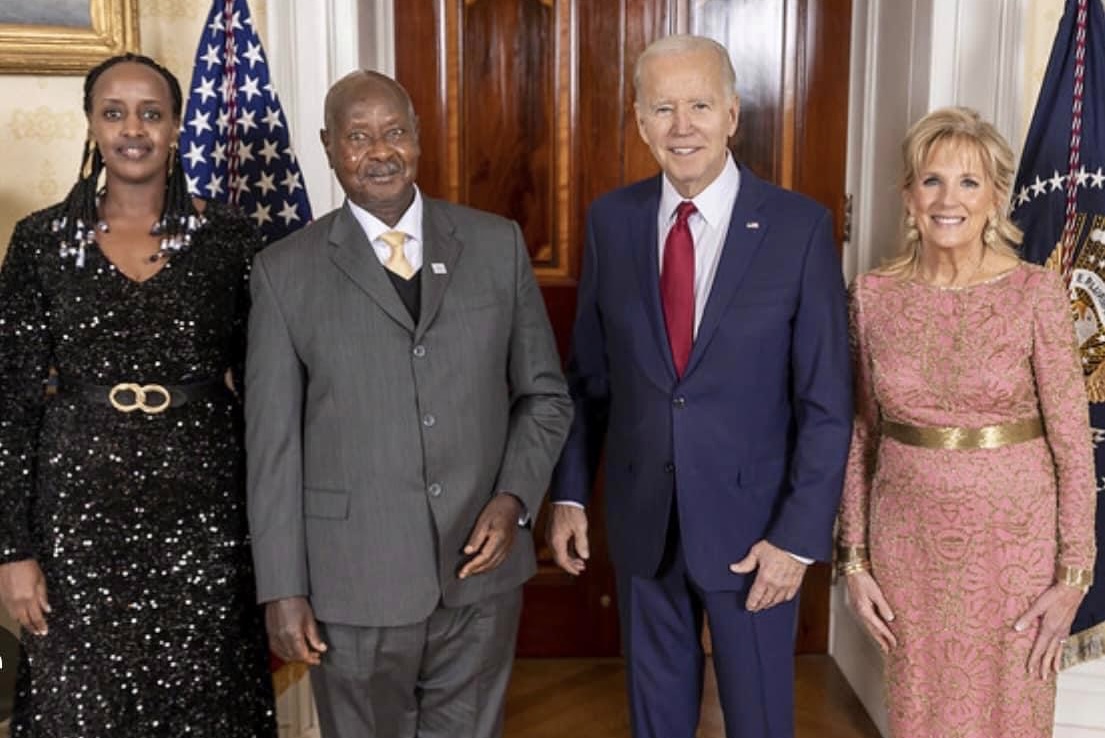 FeaturedDecember 26, 2022US-Africa Summit: Reasons Why President Museveni’s Agitation for ITTS With America Is Shallow, Unrealistic and Untenable
FeaturedDecember 26, 2022US-Africa Summit: Reasons Why President Museveni’s Agitation for ITTS With America Is Shallow, Unrealistic and Untenable



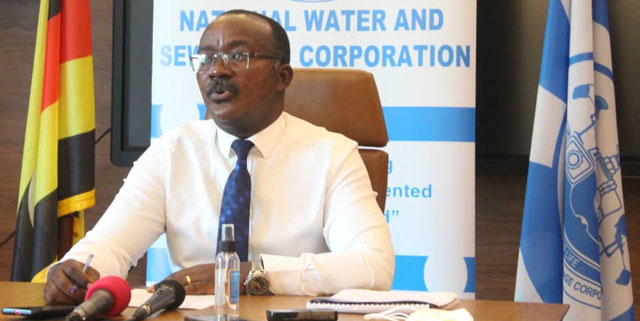






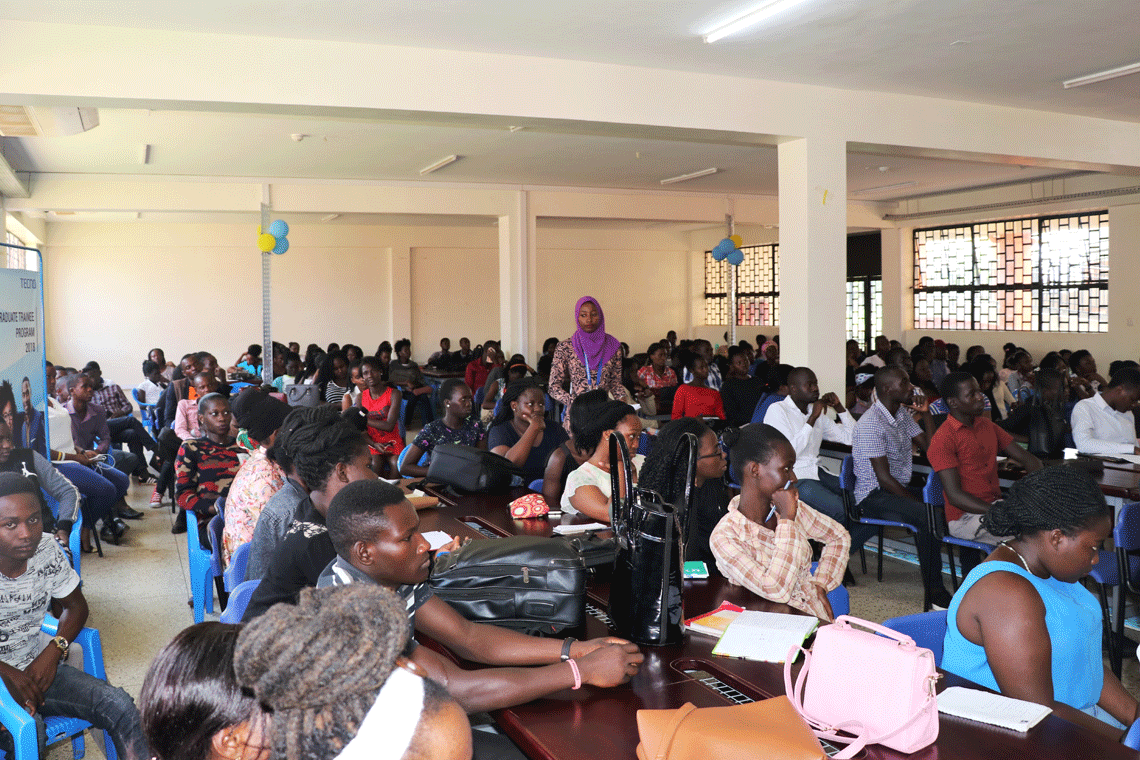
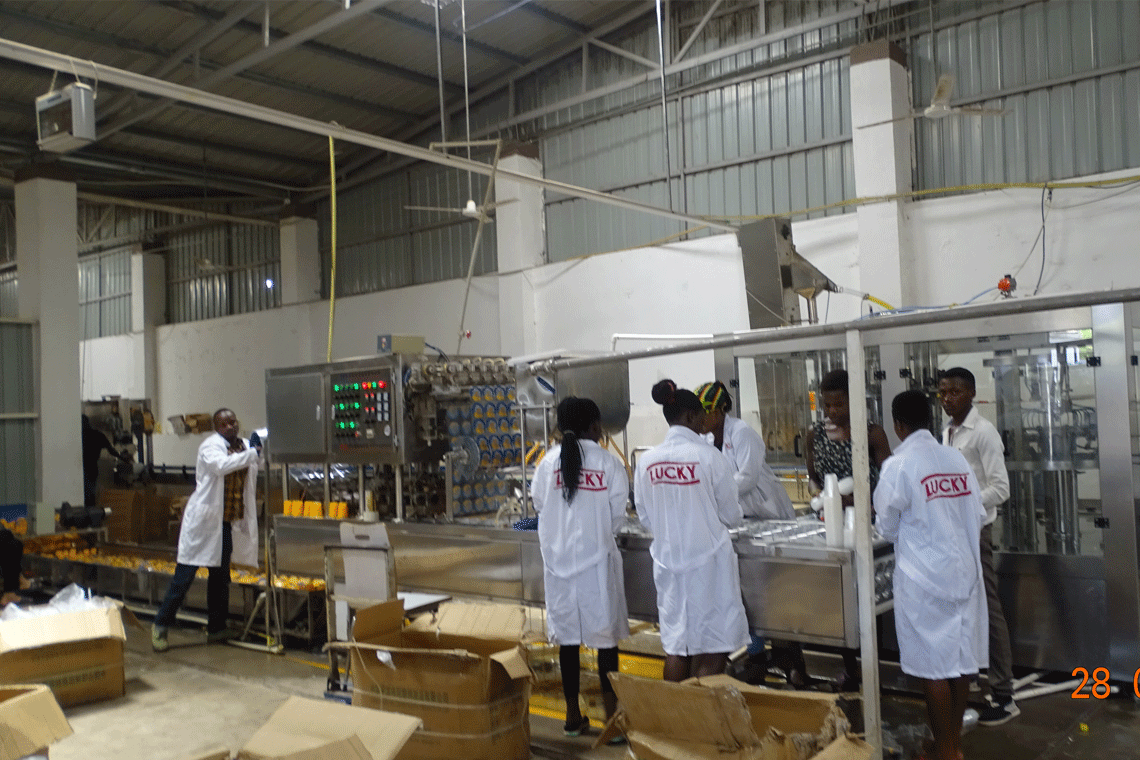









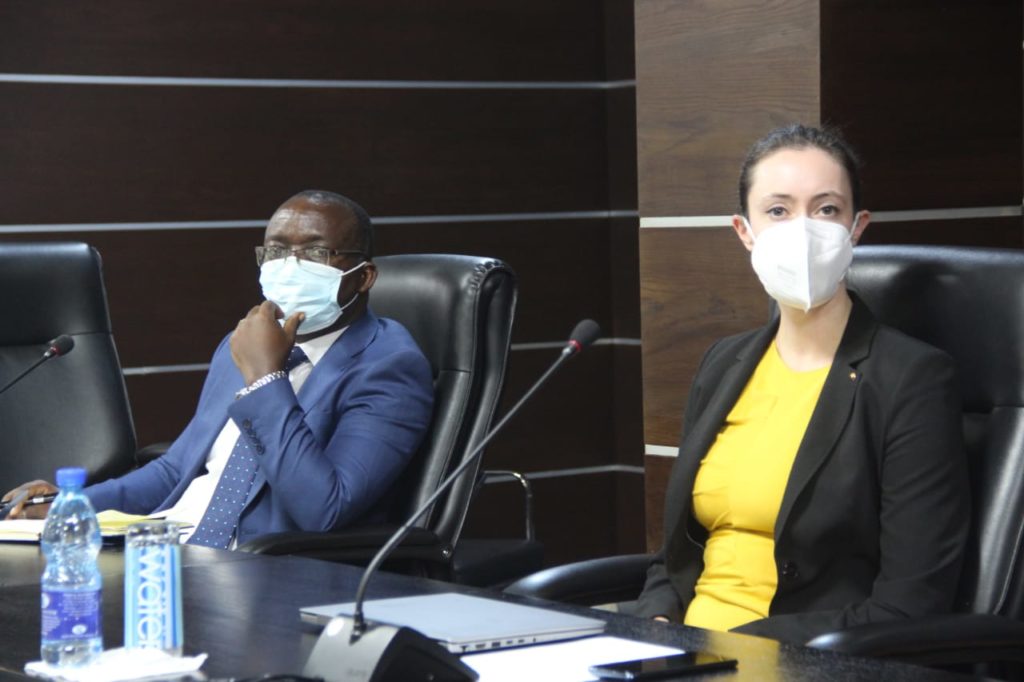
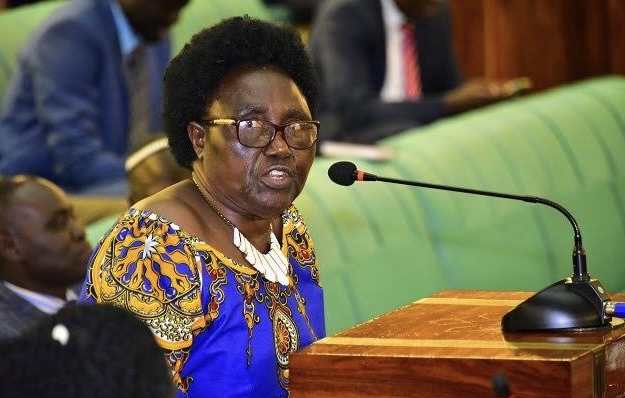


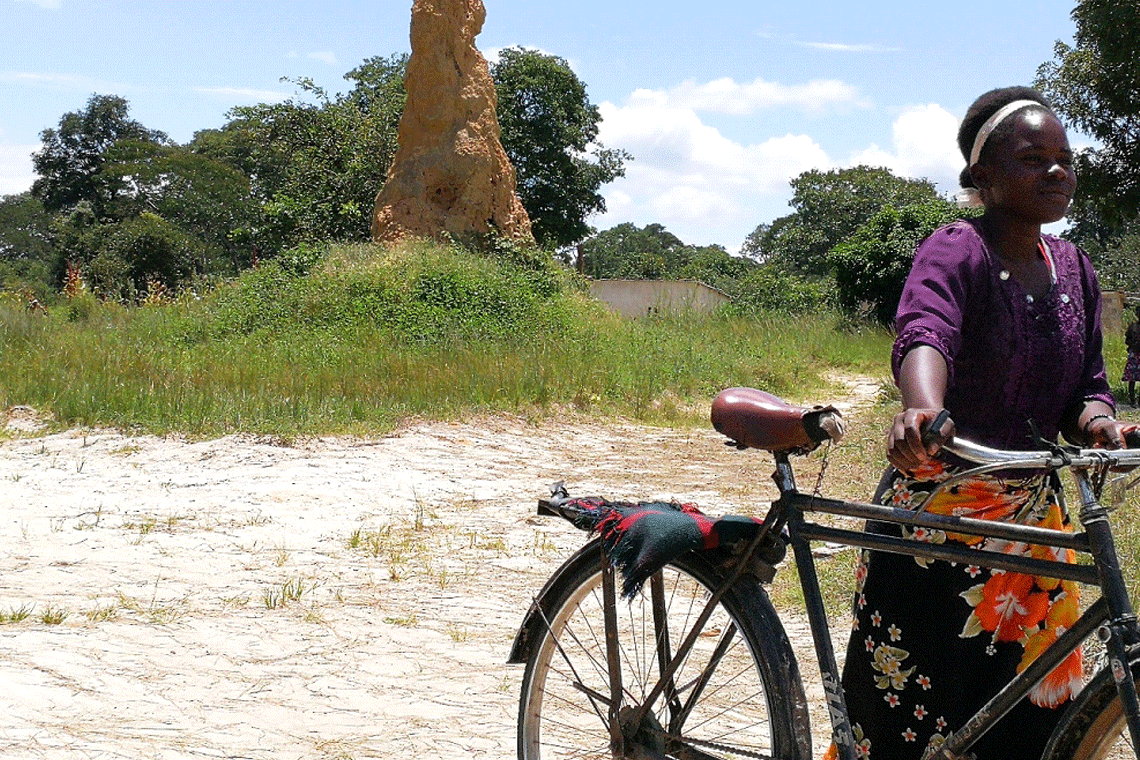






There is a difference between a pandemic and an epidemic. Ebora is not a pandemic because it has not affected the country to such proportions.
The running away of tourists is a result of exaggerating the whole problem. The disease can be controlled in my view and not be given too much publicity as it has been done.
Remember publicity is so expensive. It costs a lot to have a good name and to keep it